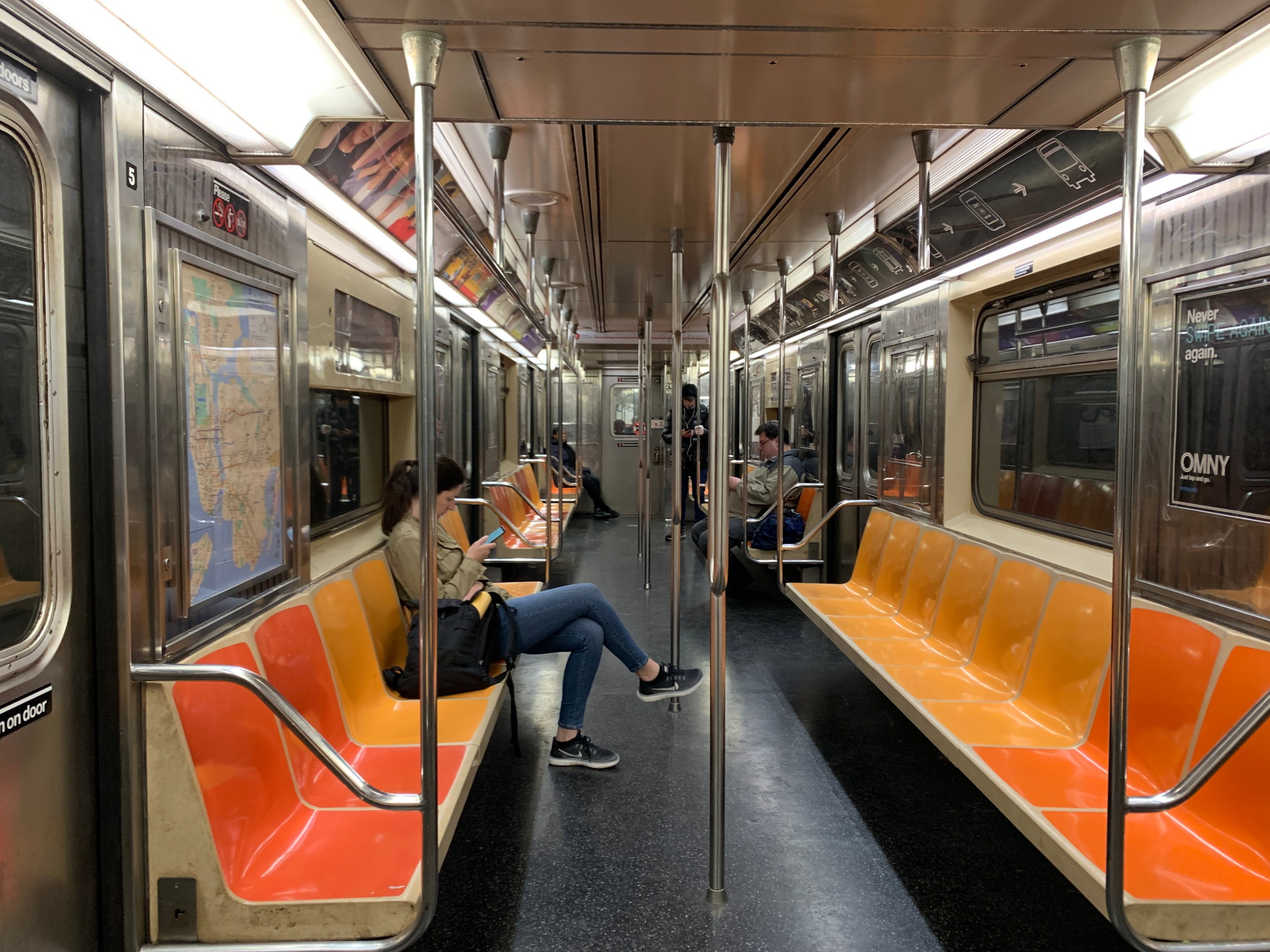The hounds of transit justice are sounding the alarm again.
A coalition of transit advocates and watchdog groups is demanding that the governor keep his hands off tax money that's supposed to go to the cash-strapped MTA, warning that it will undercut the agency's attempts to get a badly needed federal bailout on top of the $3.7 billion already committed by Congress.
The groups — Reinvent Albany, the Riders Alliance and the Straphangers Campaign — told state leaders this week that redirecting or reducing the transit agency's dedicated funds — which could happen when the governor announces budget adjustments in the coming days — "diminishes the MTA’s argument that it needs additional funding in order to be able to provide service and balance its books for the year."
The existing $3.9-billion emergency funds were allocated by the federal government "to make up for plummeting revenue due to the COVID-19 emergency, not provide the state with a backdoor opportunity to transfer dedicated transit taxes to its general fund, creating an even greater deficit for the MTA," the groups wrote.
The watchdogs are specifically warning that the MTA's dedicated revenue stream known as the Metropolitan Mass Transportation Operating Assistance fund — which include gas taxes, sales taxes and corporate franchise taxes collected in MTA-served counties — could wind up going into the state's general fund as the Cuomo administration tries to close its $13.3-billion budget gap.
The groups were on high alert after the state Division of Budget wrote that "aid-to-localities reductions that will need to be taken in this Financial Plan may materially and adversely affect the financial position of the MTA, the City of New York, and other localities."
Good morning!
— Jimmy Vielkind (@JimmyVielkind) April 26, 2020
New York State issued an updated financial plan last night, saying it has a $13.3 billion and that cuts are coming.
This is the page where you’re supposed to see the plan for allocating the cuts —>https://t.co/rcNrdoveUp pic.twitter.com/cxzcv69KMU
"There will be hits to these taxes no matter what because of the fiscal crisis we're in right now," said Reinvent Albany senior research analyst Rachael Fauss. "But on top of that hit, part of what remains could also be taken for general fund shortfalls."
Legislators agreed to give the governor the power to make budget adjustments at three points this year, owing to the state's worsening financial shape. But even in years where legislators didn't hand extraordinary emergency powers to the governor, Cuomo has been known to take MMTOA revenue and put it in the state's general fund, as he did in 2010, 2014 and 2015.
Cuomo's disturbing pattern of diverting transit money led lawmakers to demand that anticipated funds from congestion pricing and a taxi surcharge went directly to the MTA instead of being subject to the normal budget appropriation process.
That history, combined with some Albany tea leaf reading, has advocates worried that the dedicated taxes are in for another raid.
"If you read between the lines of the Division of Budget statement, it means the MTA is already taking a hit, but then they could see further reductions to cover general fund shortfalls," said Fauss.
Beyond merely starving transit of money is is owed, diverting the funds undermines public trust in the funding method, Fauss added. Worse, the federal government might be inclined to think that the MTA's crippling needs are not as urgent as they really are.
"It hurts the MTA's case for additional funding if any relief money is seen as making up for lack of state support or lack of state ownership of the agency," said Fauss.
MTA Chairman and CEO Pat Foye agreed that an MMTOA raid is "not OK," but also said that the case for second round of federal rescue money for the MTA is as clear as ever in the face of the looming budget adjustments.
"If anything this affirms and validates our need for federal funding," Foye said at an MTA press conference on Wednesday. "The letter we sent to the New York Congressional delegation a couple of weeks ago noted that our revenue shortfall is of two types: a precipitous decline in toll and fare revenue, and a significant decline in dedicated taxes and subsidies passed by the legislature over the years. Any dollar we had budgeted, either toll or fare revenue or dedicated taxes and subsidies, both have declined and that is the basis for us making the case that we need federal funding."
The governor's office did not return a request for comment.






